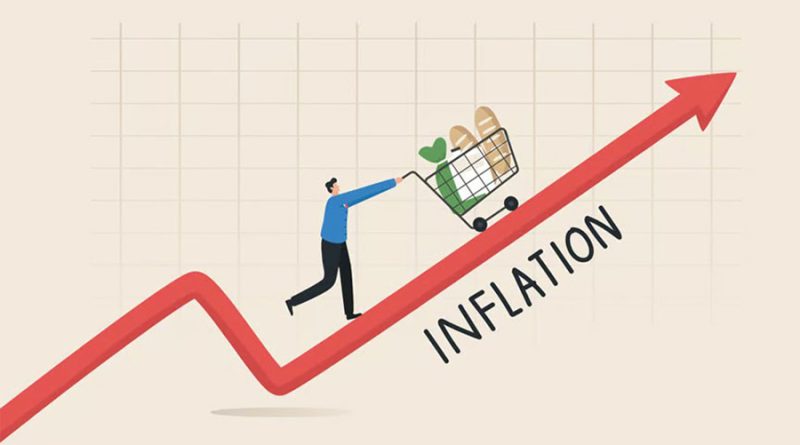Inflation
Inflation in Bangladesh has been a significant economic concern in recent years, driven by multiple factors, both domestic and global. While the country has experienced steady economic growth over the past few decades, inflation has remained a challenge, particularly for the lower and middle-income segments of the population. Inflation in Bangladesh primarily stems from rising food prices, energy costs, and supply chain disruptions, compounded by broader global economic conditions. In recent years, food inflation has been one of the most pressing issues. Bangladesh, being an agricultural economy, is heavily dependent on both domestic and international food supply chains. When global food prices rise due to factors like weather disturbances, supply chain disruptions, or geopolitical tensions, such as the Russia-Ukraine conflict, the impact is directly felt in Bangladesh. The prices of essential items like rice, pulses, vegetables, and oil have surged, making it difficult for many families to afford basic necessities. The country’s reliance on imports for key food items has made it vulnerable to fluctuations in global markets, adding further pressure on domestic prices. Another critical factor contributing to inflation is the rising cost of energy. Bangladesh has witnessed substantial increases in the prices of fuel, electricity, and gas, largely due to the global energy crisis. The cost of imported oil has risen, pushing up transportation costs and affecting the price of goods and services across the economy. Additionally, the devaluation of the Bangladeshi taka against major currencies, such as the US dollar, has made imports more expensive, exacerbating inflationary pressures. Monetary factors, including the central bank’s monetary policy and money supply, also play a role. While the Bangladesh Bank has made efforts to control inflation through interest rate adjustments, the persistent rise in food and energy prices has proven difficult to manage. Moreover, inflation expectations can become self-fulfilling, as people and businesses anticipate higher prices and adjust their behaviors accordingly, which in turn fuels further price hikes. Inflation in Bangladesh is not just an economic issue but a social one, as it erodes purchasing power, particularly affecting the poor and vulnerable segments of society. The government has taken several steps to address inflation, including subsidizing essential goods and strengthening social safety nets, but the persistence of external shocks and internal economic pressures continues to challenge efforts to bring inflation under control. Addressing inflation in Bangladesh requires a multi-faceted approach, including boosting domestic production, reducing dependency on imports, and managing energy prices to stabilize the overall cost of living.

